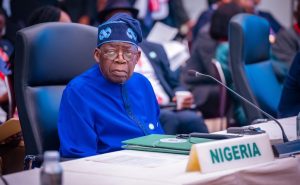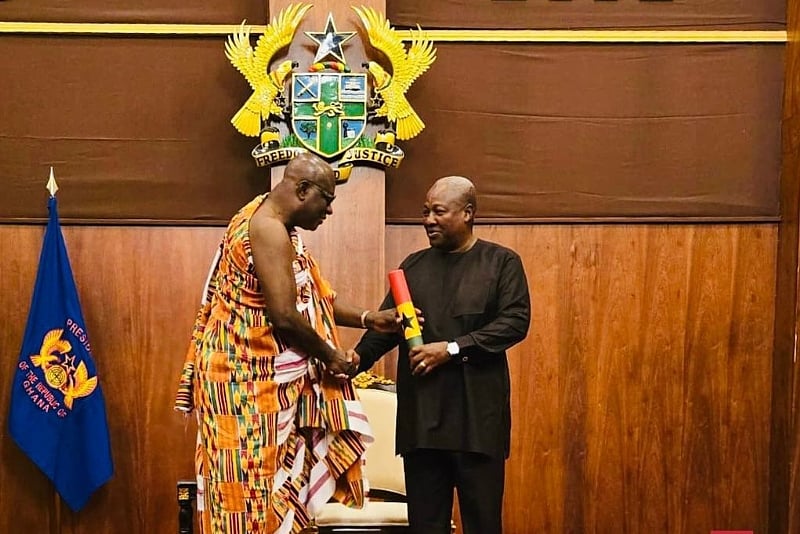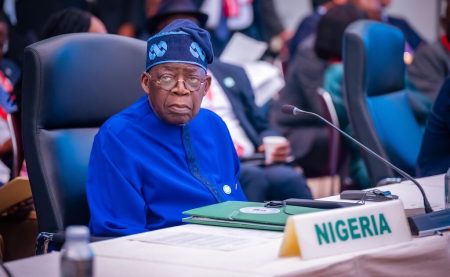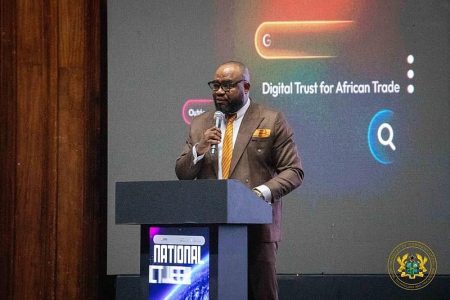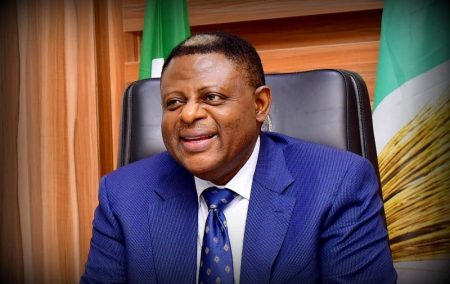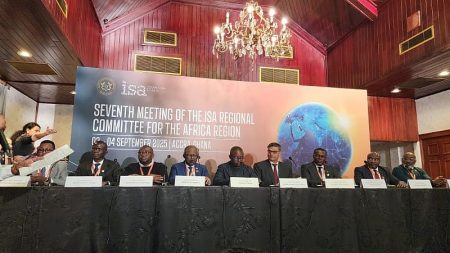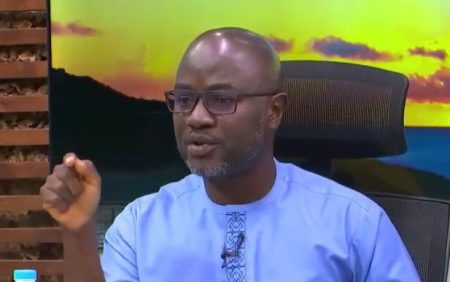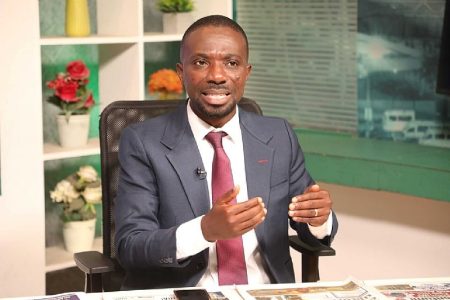Kojo Bonsu, the former Mayor of Kumasi, has embarked on a new chapter in his career as Ghana’s Ambassador to the People’s Republic of China. His appointment, bestowed by President John Dramani Mahama, signifies a significant step in strengthening the bilateral relationship between the two nations. Bonsu, a former NDC flagbearer aspirant, expressed his gratitude for the opportunity and pledged to serve with humility and passion, emphasizing his commitment to deepening the existing ties between Ghana and China across various spheres, including friendship, cultural exchange, and investment. He framed his mission within the context of the “Reset Agenda,” suggesting a renewed focus on revitalizing and expanding cooperation. This appointment marks a pivotal moment in Bonsu’s career, transitioning from municipal leadership to international diplomacy on a global stage.
The appointment of Kojo Bonsu as Ambassador to China is not an isolated event but part of a broader diplomatic initiative by the Ghanaian government. President Mahama’s administration has undertaken a strategic effort to bolster Ghana’s international relations, placing emphasis on key global capitals. This concerted effort aims to enhance both bilateral partnerships, focusing on individual nation-to-nation relationships, and multilateral engagements within broader international forums. The selection of seasoned individuals like Bonsu and other appointees reflects a deliberate strategy to position Ghana advantageously in the global arena. This diplomatic push seeks to foster stronger ties with influential nations, potentially opening doors to increased cooperation in areas like trade, investment, and development.
The strategic importance of China in the contemporary global landscape makes Bonsu’s appointment particularly significant. China’s economic prowess, coupled with its growing political influence, makes it a crucial partner for nations seeking economic growth and development. For Ghana, strengthening ties with China presents opportunities for accessing investment, fostering technological advancements, and expanding trade relations. Bonsu’s mandate, therefore, carries significant weight in navigating these complex dynamics and maximizing the potential benefits of the Ghana-China partnership. His success in this role will be crucial for Ghana’s economic and political future.
The “Reset Agenda” mentioned by Bonsu signifies a deliberate attempt to re-evaluate and reinvigorate the relationship between Ghana and China. While the two countries have enjoyed a long-standing partnership, this new initiative suggests a forward-looking approach seeking to identify new areas of collaboration and strengthen existing ones. This might involve exploring emerging sectors like renewable energy, technology transfer, and infrastructure development, moving beyond traditional areas of cooperation. The “Reset Agenda” represents a recognition of the evolving global landscape and the need to adapt partnerships to meet new challenges and opportunities.
The broader diplomatic appointments made by President Mahama, including the selection of individuals like Zita Sabah Benson as High Commissioner to the United Kingdom, Victor Emmanuel Smith to the United States, Mavis Ama Frimpong to France, Baba Jamal Mohammed Ahmed to Nigeria, and Professor Kwasi Obiri-Danso to India, highlight the importance Ghana places on fostering diverse international relationships. These appointments encompass strategically important nations across various continents, reflecting a balanced approach to global engagement. Each ambassador will play a vital role in advancing Ghana’s interests within their respective assigned countries, contributing to the overall strengthening of Ghana’s international standing.
This coordinated diplomatic effort underscores Ghana’s commitment to active participation in global affairs. By strategically placing experienced diplomats in key locations, Ghana aims to cultivate beneficial relationships, advocate for its interests on the world stage, and contribute to international cooperation on issues of global concern. This proactive approach positions Ghana to leverage its diplomatic network for economic advancement, political stability, and enhanced global influence. The success of these ambassadors will be instrumental in shaping Ghana’s future within the increasingly interconnected global community.


